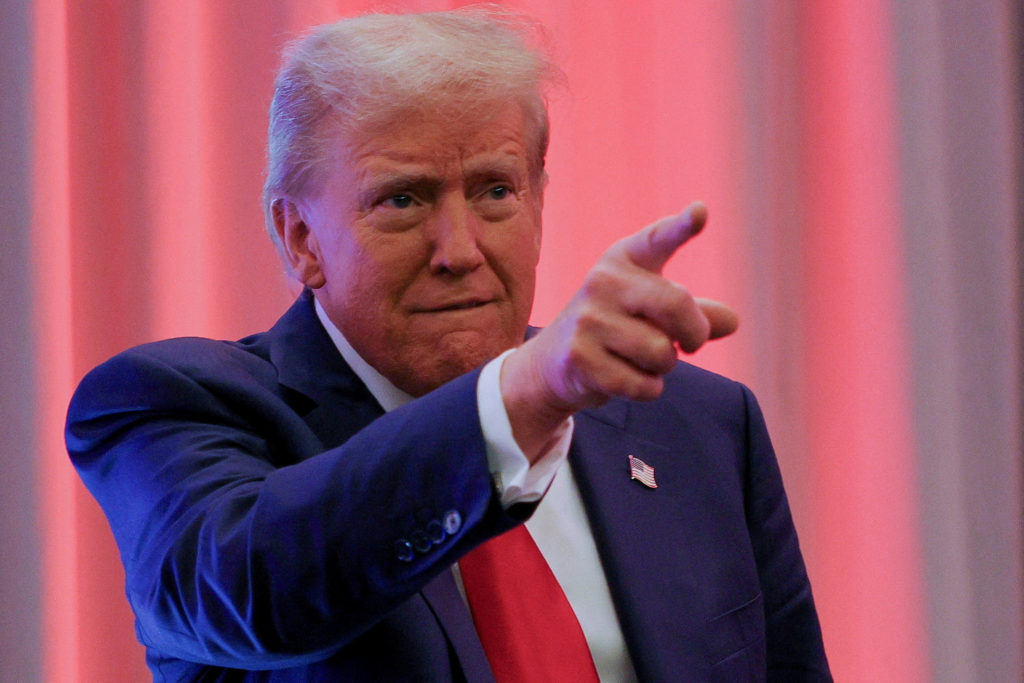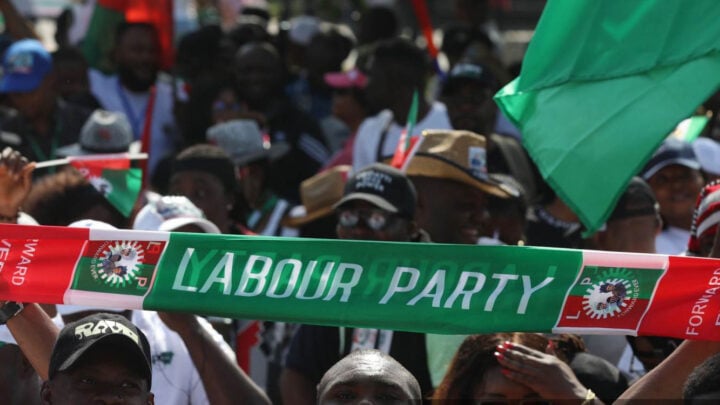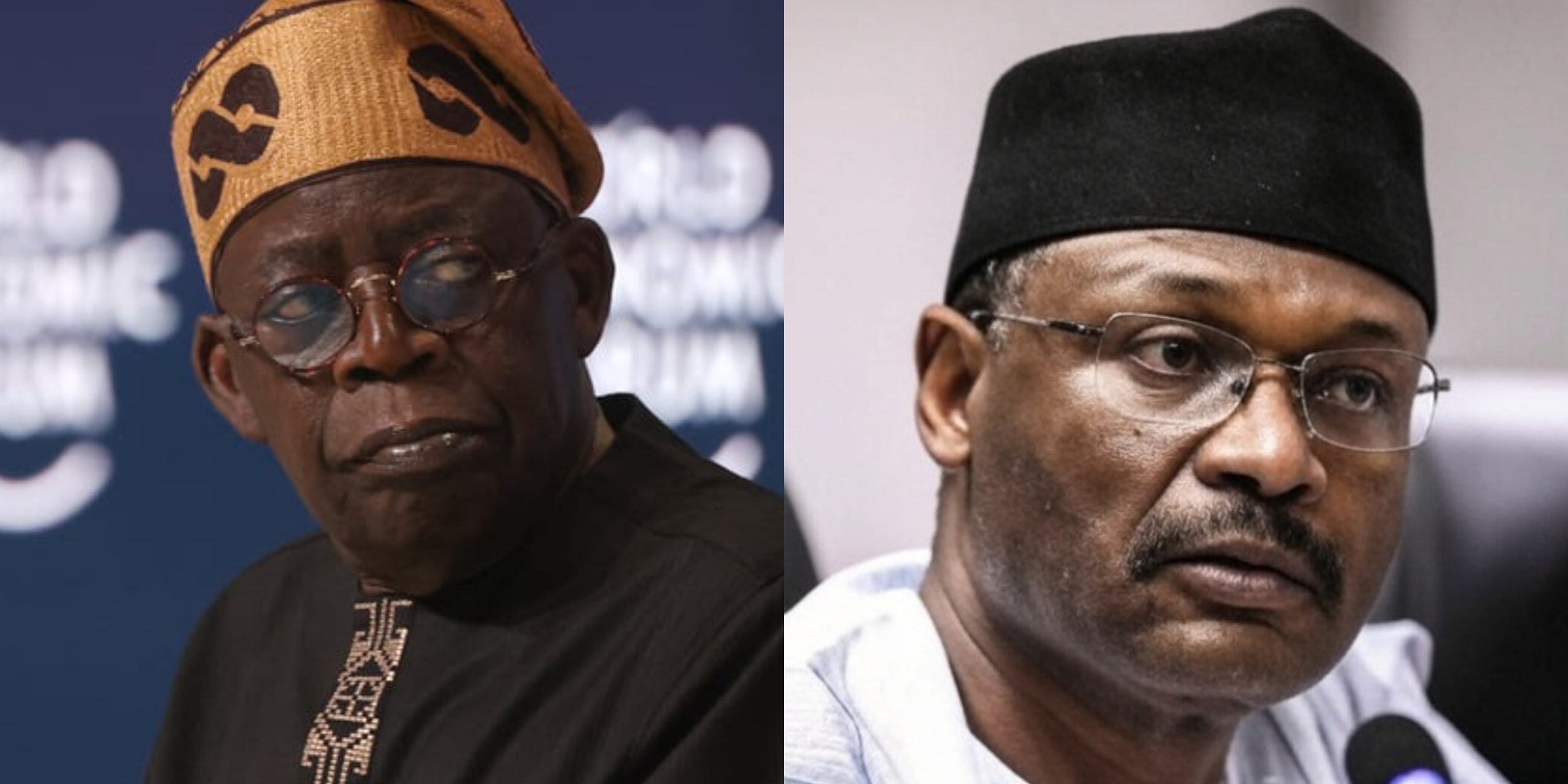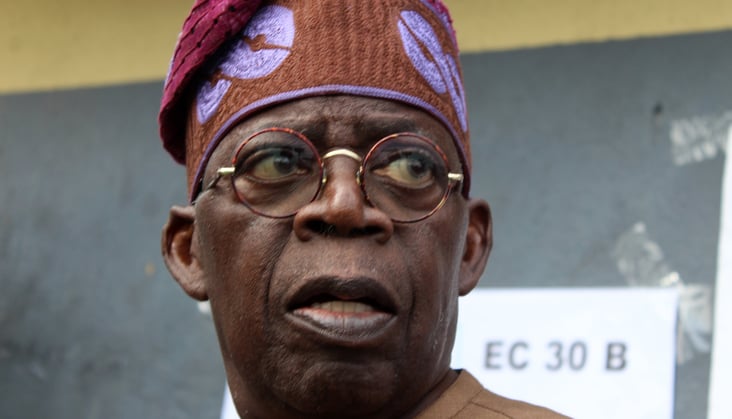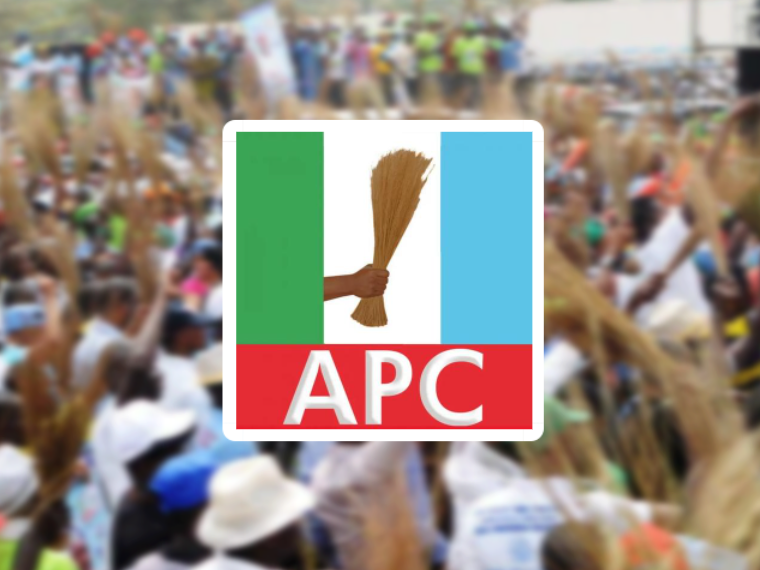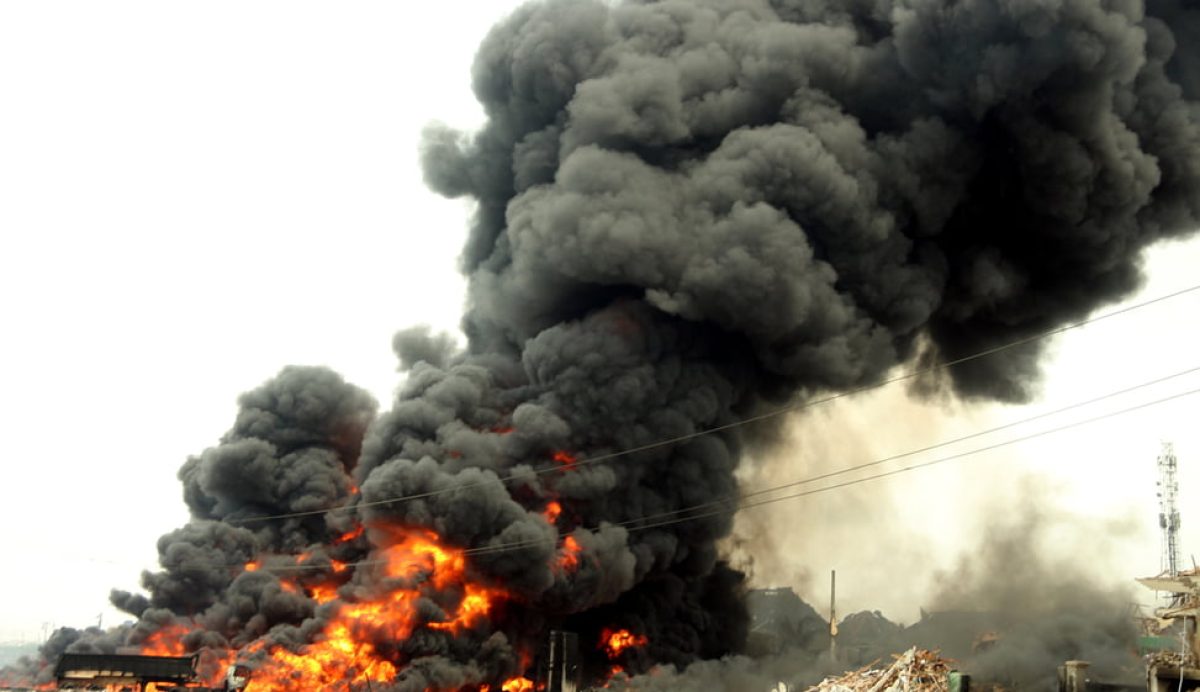On April 2, 2025, U.S. President Donald Trump announced a new trade policy that places a 14% tariff on all goods imported into the United States.
This new policy, called the “Universal Baseline Tariff,” includes extra taxes on countries seen as having unfair trade practices.
Although crude oil and energy products are not affected, this decision puts over N323.96 billion worth of Nigerian non-oil exports at risk.
In 2024, Nigeria made about N4.49 trillion from crude oil and energy exports to the U.S., which are not impacted by the new rules.
However, the country also exported N323.96 billion worth of non-oil goods—such as fertilisers, lead, cashew nuts, cocoa, and soya bean flour—which will now face the 14% tariff.
In the first quarter of 2024, Nigeria exported N74.79 billion worth of non-oil goods to the U.S., including soya bean flour, urea, refined lead, cashew nuts, and natural rubber.
In the second quarter, exports rose to N123.23 billion, mainly because of an increase in urea exports.
The third quarter saw a slight drop to N84.38 billion, with cocoa beans appearing for the first time on the list.
By the fourth quarter, exports had dropped to N42.55 billion, although cocoa beans alone brought in nearly N30 billion.
These goods, which are important to Nigeria’s economy and part of its plan to reduce dependence on oil, are now less competitive in the U.S. market because of the tariffs.
Urea, worth over N146 billion in exports, is the most affected product.
Cocoa beans, which earned Nigeria N44.4 billion, are also at risk, along with refined lead (N55.23 billion), soya bean flour (N44.43 billion), and natural rubber (N14.5 billion).
American buyers might now turn to other countries with cheaper prices.
The United States Trade Representative defended Trump’s decision by criticising Nigeria’s ban on importing 25 categories of goods, such as meat, fruit juices, medicines, and alcoholic drinks.
They argued that these bans hurt American businesses trying to sell to Nigeria.
Nigeria introduced this ban in 2016 to support local industries, but the U.S. believes it limits fair trade.
Nigeria’s government has acknowledged that the new tariff could harm the country’s trade and make Nigerian goods more expensive in the U.S. market.
Minister of Industry, Trade, and Investment, Dr. Jumoke Oduwole, said that while oil still makes up the bulk of Nigeria’s exports to the U.S., non-oil products—especially those previously protected by the African Growth and Opportunity Act (AGOA)—could now be affected by the new 10–14% tariffs.
She warned that this would make it harder for Nigerian companies to compete in the U.S., especially in sectors that are just beginning to grow.
However, Nigeria’s Minister of Finance, Wale Edun, believes the tariffs won’t have a major impact on Nigeria’s economy since oil and minerals (which are not affected) make up about 92% of Nigeria’s exports to the U.S.
He noted that compared to the higher tariffs placed on countries like Vietnam and China, Nigeria’s 14% rate is relatively low.
Still, he said the government is keeping a close watch on global trade developments.

